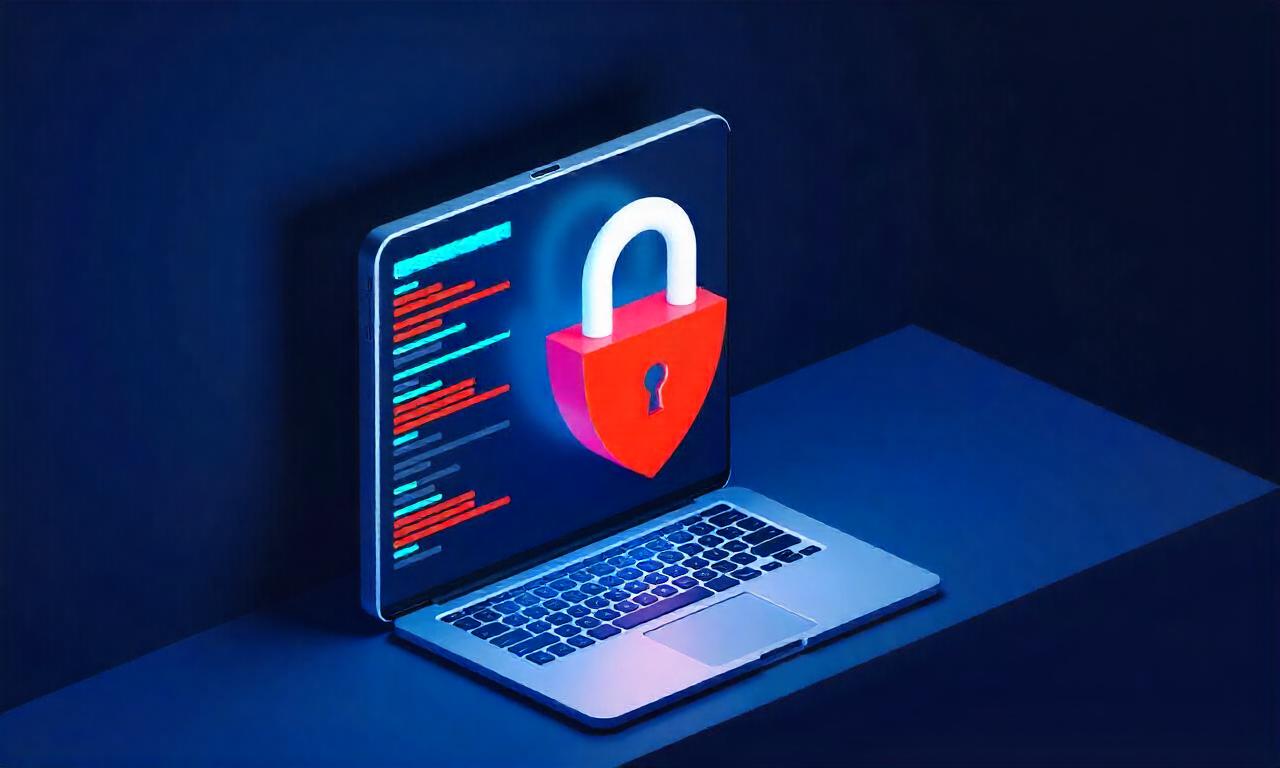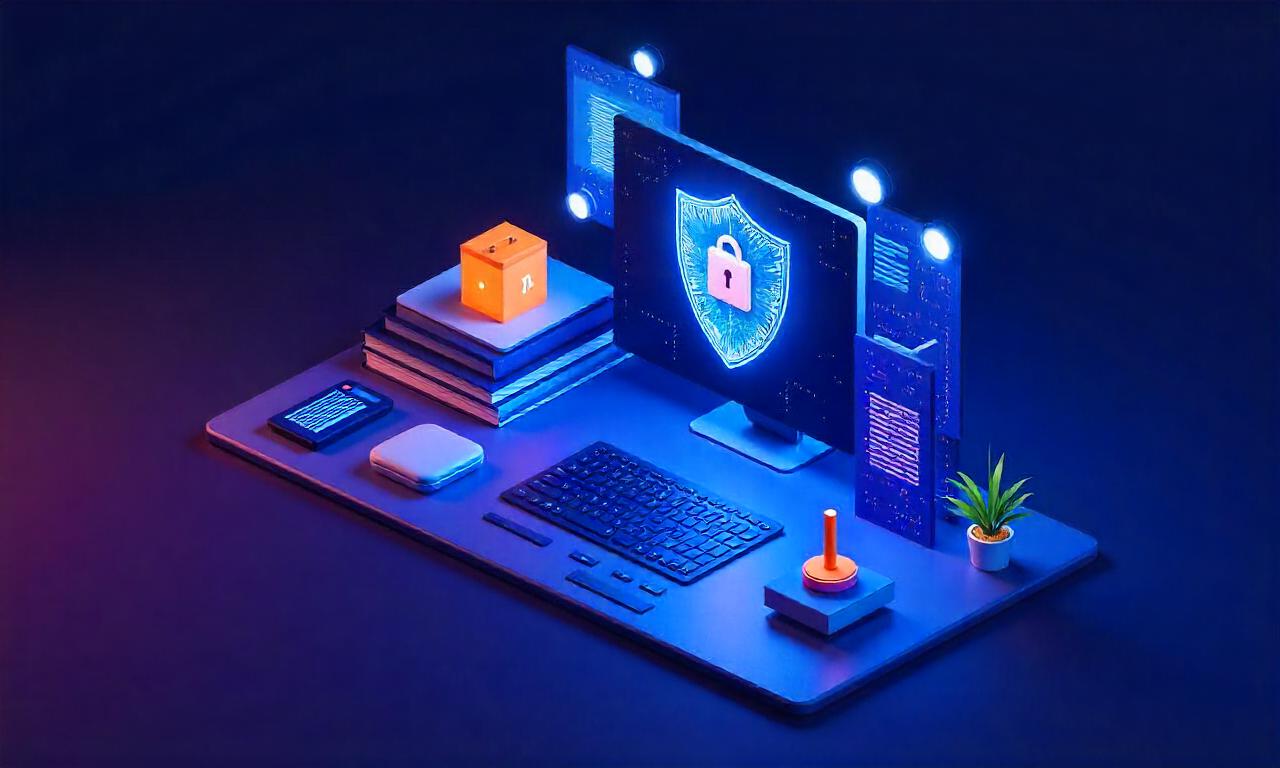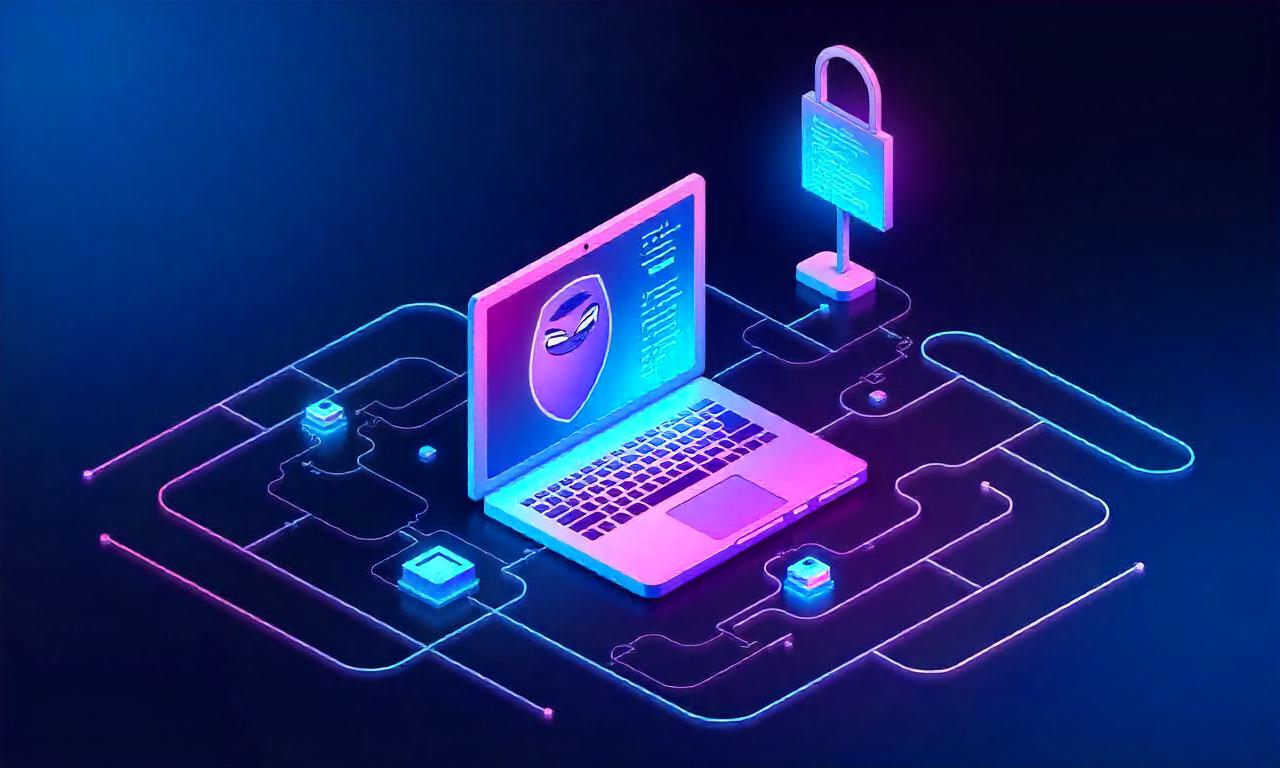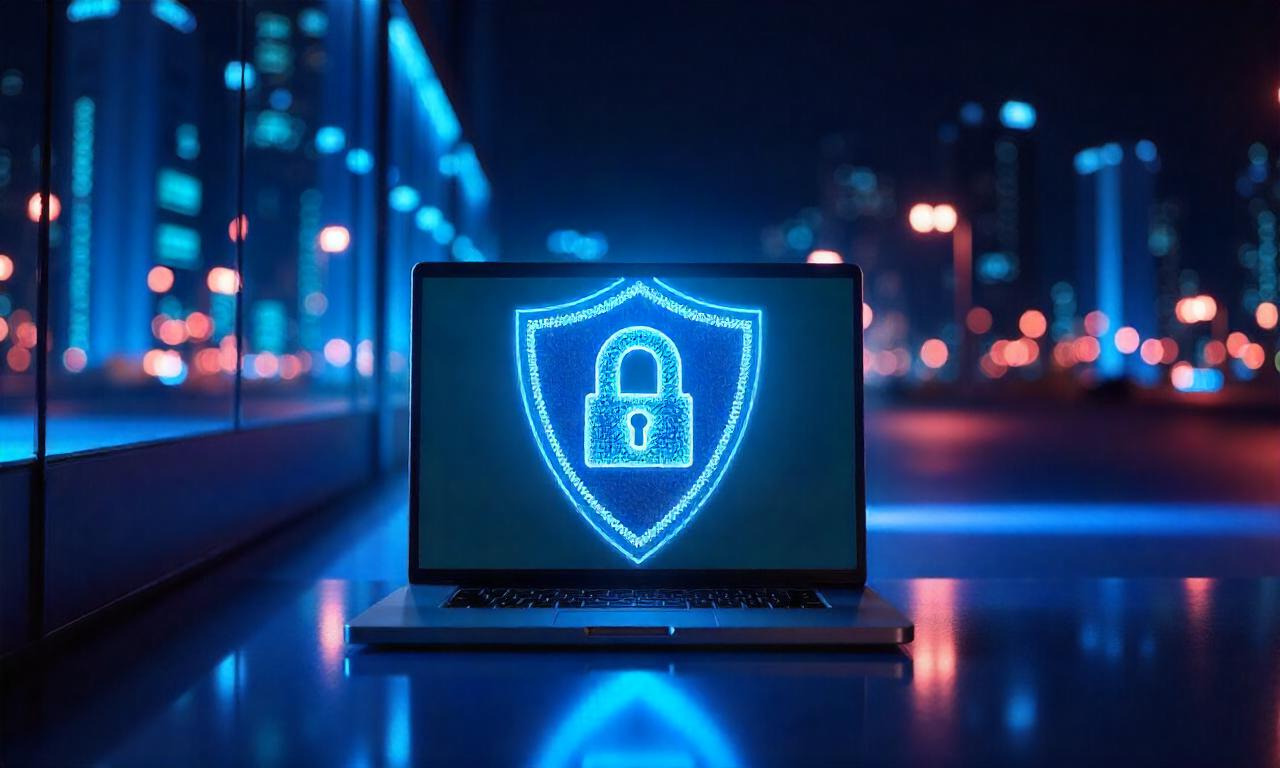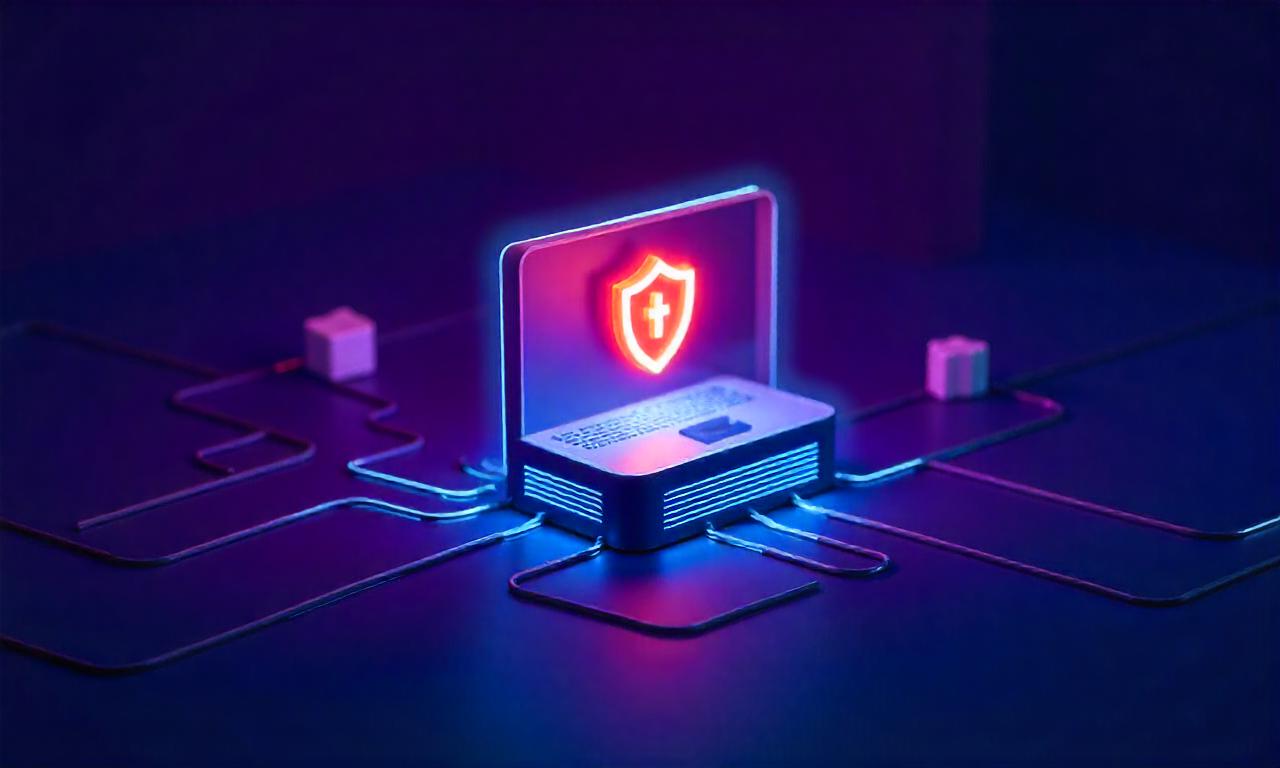VPN for travelers provides secure, private internet access on public WiFi, protecting your data and ensuring safe browsing during your global adventures.
Traveling brings excitement and new adventures, but also unexpected risks to your digital security. Public Wi-Fi networks, often unencrypted and open, can expose you to data theft and hacking.
Imagine logging into your online banking on an airport’s Wi-Fi and unknowingly leaving your information exposed.
This is where a VPN, or Virtual Private Network, becomes a travel essential. Not only does it secure your data, but it also allows you to access content just like at home.
Why Travelers Need a VPN
In a world that’s increasingly connected, we often rely on public Wi-Fi in cafes, hotels, and airports, especially when traveling. However, these networks are vulnerable to cyber threats.
Using a VPN protects your private data, encrypts your connection, and allows you to bypass regional restrictions. Whether you’re a backpacker, a business traveler, or a digital nomad, VPN for travelers is indispensable.
- Secure Public Wi-Fi
Cafes, airports, and hotels may have free Wi-Fi, but these networks are often unsecured. Hackers can easily intercept data over open networks. A VPN encrypts your internet traffic, keeping it hidden from prying eyes.
- Access Restricted Content
Many streaming services, websites, and social media platforms are blocked in certain countries. A VPN allows you to bypass these restrictions and access content from anywhere.
- Protect Your Privacy
When you’re abroad, your IP address can reveal your location and browsing activity. A VPN masks your IP address, allowing you to browse anonymously.
- Avoid Price Discrimination
Some booking websites show different prices based on your location. Using a VPN can help you find better deals on flights, hotels, and rental cars.
VPN for Travelers
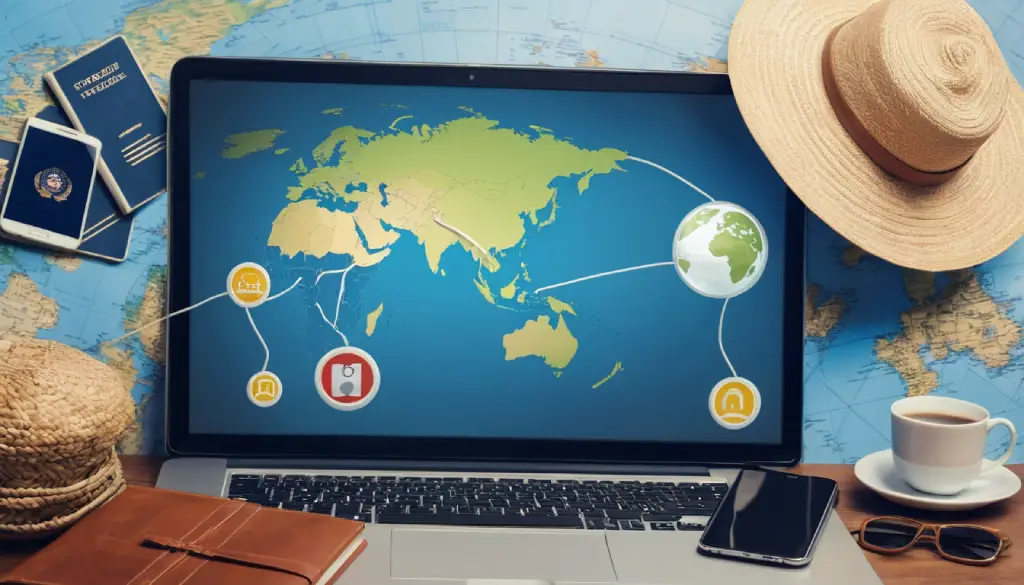
When choosing a VPN, it’s important to pick a provider that balances speed, security, and global server coverage. Below are some of the best VPN options that cater specifically to travelers.
1. ExpressVPN
ExpressVPN is known for its speed and reliability, two features essential for travelers who may not always have access to high-speed internet. With servers in over 90 countries, it offers impressive coverage and allows users to access content from virtually any location.
2. NordVPN
NordVPN is another top choice due to its robust security protocols, including double encryption. Travelers often love NordVPN for its affordability and the ability to use the service on up to six devices, perfect for those carrying multiple gadgets.
3. Surfshark
Surfshark is ideal for travelers on a budget. It offers unlimited device connections on a single account, a feature particularly beneficial for families or group travelers. Its “NoBorders” mode is also great for countries with internet restrictions.
4. Auxodomain
Auxodomain may be a lesser-known VPN provider, but it is very reliable. Auxodomain has a user-friendly app which is a big plus for travelers who want something easy to navigate.
Key Features to Look for in a VPN for Travel
Choosing the right VPN as a traveler goes beyond just picking a popular name. Each VPN provider has unique features that cater to different needs, so understanding the essential aspects to prioritize can make a huge difference in your digital experience abroad.
Here are some of the top features travelers should consider to ensure seamless connectivity, robust security, and global access to content.
Server Locations
One of the most significant advantages of using a VPN for travelers is bypassing geographic restrictions. A VPN provider with an extensive network of servers worldwide offers greater flexibility in accessing content from multiple regions.
This is especially important for streaming services, as many countries have restrictions on popular platforms like Netflix, Hulu, and Disney+.
For example:
- Global Streaming: With a broad server network, you can access streaming libraries from multiple countries, enjoying shows and movies unavailable in your current region.
- Accessing Local Content: Travelers can also benefit from connecting to servers in their home country to access local news, banking, or websites that may restrict access abroad.
- Avoiding Local Censorship: In some regions, specific sites and services may be blocked. A VPN with servers worldwide allows you to connect to a country without such restrictions, giving you freedom online.
Choosing a VPN with a variety of server locations helps ensure that no matter where you are, you can access the content you need without interruption.
Speed
Speed is a fundamental requirement when selecting a VPN for travel. Since travelers often rely on video calls, streaming, and even remote work tasks, a slow VPN can lead to frustrating lags and buffering.
However, because VPNs encrypt your data, they can slow down your connection. Therefore, it’s crucial to pick a VPN that has a reputation for high-speed servers.
Here’s why speed matters:
- Smooth Video Calls: A high-speed VPN enables smooth, uninterrupted video calls, which is essential for staying connected with family, friends, or colleagues while on the go.
- Streaming Without Buffering: Whether you’re watching a movie at the hotel or catching up on your favorite show during a layover, a fast VPN prevents annoying buffering and lets you stream content seamlessly.
- Quick File Transfers: For digital nomads and business travelers, uploading or downloading files is part of everyday life. A fast VPN helps maintain efficiency without slowdowns during crucial file transfers.
Look for VPN providers known for high-speed servers and advanced protocols (like WireGuard) that help maintain speed without compromising security. VPNs like ExpressVPN and NordVPN are popular for their speed, even on servers in remote locations.
Security Protocols
Security is arguably the most critical aspect of any VPN, especially when traveling. Public Wi-Fi networks at airports, cafes, and hotels are vulnerable to cyber attacks and data theft. A reliable VPN with robust security protocols ensures that your information remains private and safe, regardless of the network.
Key security features to look for include:
- AES-256 Encryption: This is the highest standard in encryption, used by governments and financial institutions worldwide. It makes your data virtually impossible to decipher, keeping it secure from hackers.
- Kill Switch: A kill switch disconnects your internet if the VPN connection drops, preventing any unencrypted data from being exposed on the network. This feature is especially important for travelers who might switch between networks frequently.
- No-Log Policy: A VPN with a strict no-log policy doesn’t store any information about your online activities. This ensures that your browsing history and personal data remain private, even from the VPN provider.
- DNS Leak Protection: Some VPNs offer DNS leak protection to ensure that your IP address and location aren’t accidentally exposed, providing an additional layer of security.
Selecting a VPN with these security protocols not only protects your data but also provides peace of mind, knowing your information is safe from potential threats.
User-Friendly Interface
As a traveler, you may find yourself in situations where you need to connect to a VPN quickly. A VPN with an intuitive, user-friendly interface is invaluable, allowing you to get connected with minimal hassle, even if you’re new to using VPN.
Benefits of a user-friendly VPN include:
- Quick Setup and Connection: Some VPNs offer a “Quick Connect” button that automatically connects you to the best server based on your location. This feature can save time, especially if you’re on the move and need immediate access.
- Easy-to-Navigate App: A well-designed VPN app with simple menus and clear options makes it easy to find what you need. Look for features like “Favorites” or “Recently Used” servers for faster access.
- Multi-Device Compatibility: Some VPNs are optimized for various devices, including smartphones, laptops, and tablets. A VPN with a consistent, user-friendly interface across devices makes switching between them seamless.
User-friendliness can be crucial when you’re dealing with unfamiliar Wi-Fi networks in different locations. With a well-designed app, you won’t have to struggle with settings, and connecting will be a matter of seconds.
Tips for Using a VPN While Traveling
When you’re traveling, a VPN is an essential tool to keep your online activities secure and private. However, simply having a VPN isn’t enough; knowing how to use it effectively can make a huge difference in maintaining security and performance.
Here are some practical tips to ensure you’re getting the best protection and performance from your VPN while traveling.
1. Always Connect to the VPN Before Accessing Public Wi-Fi
Public Wi-Fi networks are notorious for being easy targets for hackers, as they often lack proper encryption and security protocols.
Connecting to your VPN before accessing these networks is the first step to securing your data and protecting yourself from potential threats.
Why it matters:
- Encryption of Your Data: By connecting to a VPN before you access a public network, your internet traffic is encrypted from the moment you start browsing, preventing anyone on the same network from seeing your personal information.
- Protection Against Man-in-the-Middle Attacks: Hackers often set up fake Wi-Fi hotspots in public spaces to trick users into connecting. These “man-in-the-middle” attacks allow them to intercept your data. Using a VPN protects you from these attacks by ensuring that even if someone tries to intercept your connection, they won’t be able to decipher your data.
- Secure Browsing on All Devices: Whether you’re using a smartphone, tablet, or laptop, connecting to a VPN before accessing public Wi-Fi ensures all your devices are protected.
Tip: To make this process easier, consider using a VPN that has an “Auto Connect” feature. This way, the VPN will automatically connect when you’re on public Wi-Fi, ensuring you’re protected even if you forget to manually connect.
2. Choose a Server in a Country with Good Internet Speeds
One common issue with VPNs is the potential decrease in connection speed. Since VPNs route your traffic through an external server, it can sometimes lead to slower speeds, especially if you’re connected to a server far from your current location.
Choosing a VPN server in a country known for reliable and fast internet speeds can help mitigate this issue and provide a better browsing experience.
How to choose the best server location:
- Select a Nearby Server: Typically, the closer a VPN server is to your current location, the faster your connection will be. For example, if you’re in Europe, choosing a European server is likely to provide better speeds than connecting to a server in North America or Asia.
- Consider Countries with Fast Internet Infrastructure: Some countries, like the United States, South Korea, and Germany, have better internet infrastructures, making their servers faster and more stable.
- Switch Servers as Needed: Some VPNs have multiple servers within a single country. If you notice slow speeds on one server, try switching to another server within the same country. This can help you find the optimal connection for smooth browsing, streaming, or file sharing.
Tip: If streaming is a priority while traveling, many VPNs have dedicated servers optimized for streaming services like Netflix and Hulu. Selecting one of these servers can improve speed and reduce buffering.
3. Update Your VPN App Regularly for the Latest Security Patches
Keeping your VPN app updated is a simple but crucial step in ensuring the highest level of security while traveling.
VPN providers frequently release updates to fix security vulnerabilities, improve performance, and enhance features, so using an outdated app can expose you to risks and reduce performance.
Why updates matter:
- Enhanced Security: Updates often include fixes for known vulnerabilities. By keeping your VPN app updated, you’re protecting yourself from emerging cyber threats.
- Improved Performance: VPN providers frequently optimize their servers and protocols to improve speed and reduce lag. Updating your app ensures you’re benefiting from the latest improvements.
- New Features and Server Locations: VPN providers often add new server locations, advanced security options, and usability features in updates. An outdated app may miss these enhancements, limiting your experience and security while traveling.
Tip: Enable automatic updates on your device if your VPN provider supports it. This way, you’ll always have the latest version without needing to remember to update manually.
Conclusion
Traveling shouldn’t compromise your digital security or restrict your access to information. With the right VPN for travelers, you can enjoy the freedom to browse securely, access global content, and stay connected.
Whether you’re a frequent flyer or an occasional explorer, a VPN tailored to your needs can make every journey smoother and safer.
If you’re ready to choose a VPN and stay secure on your travels, visit vpnpieces.com for in-depth reviews and the latest tips for VPNs on the go!







